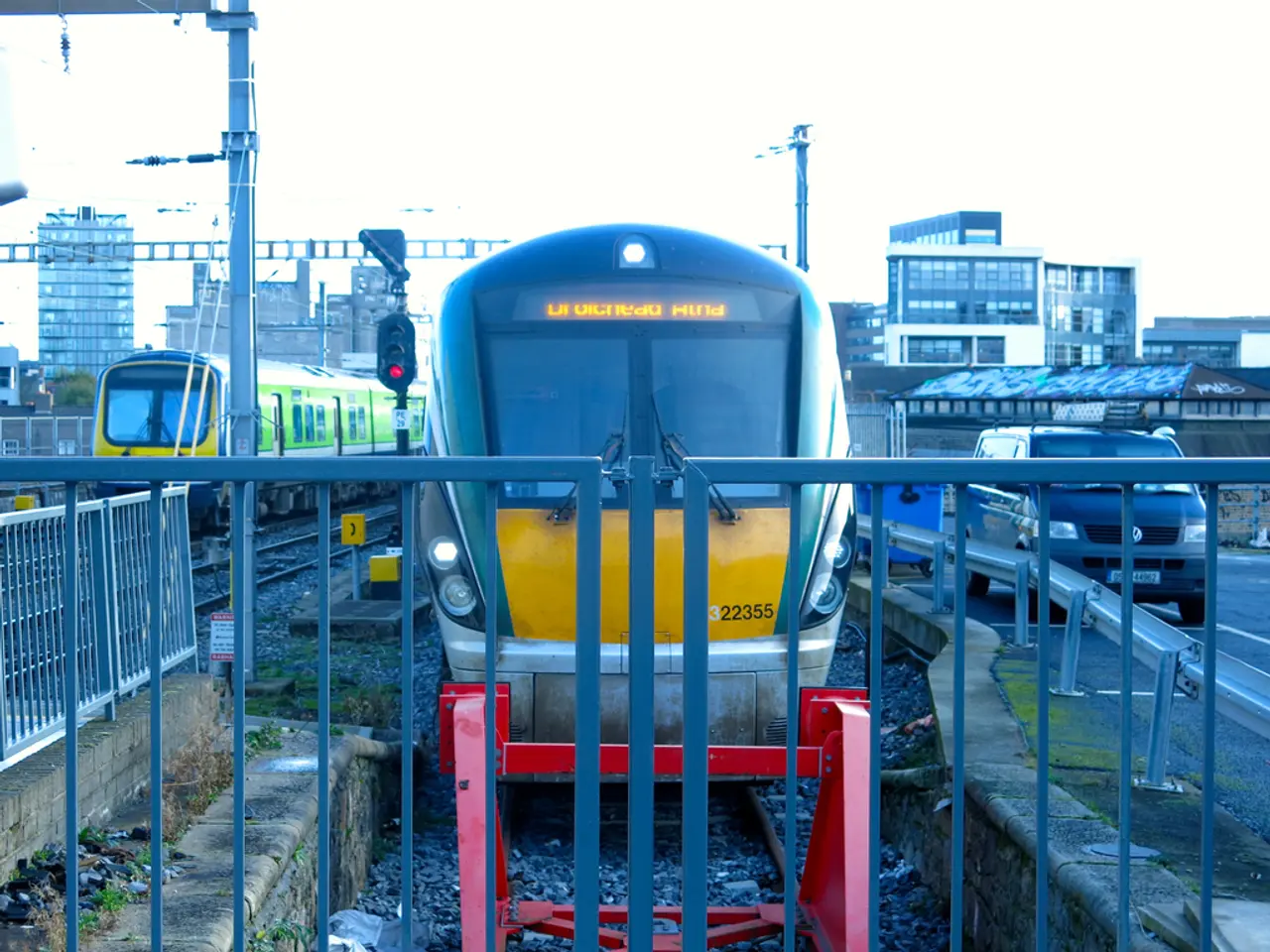Florida's FEC Railway filed a lawsuit against Brightline over their proposed commuter rail expansion plan.
Florida East Coast Railway Sues Brightline Over Expansion Plans
The Florida East Coast Railway (FECR) has filed a lawsuit against Brightline, alleging that the commuter rail service breached their contract by negotiating directly with county governments to expand its service in South Florida without FECR’s consent.
At the heart of the dispute is FECR's claim that Brightline engaged in "clandestine" negotiations with local counties to add more commuter trains along the FECR-owned rail corridor. According to FECR, this violates the existing agreements between the two companies that govern track use and service expansion.
The lawsuit, filed in mid-2025, seeks to block Brightline’s commuter rail expansion plans, asserting that Brightline lacks the contractual right to unilaterally increase service on FECR tracks without permission.
The conflict centers on control of the rail corridor and the terms under which Brightline can operate commuter trains on FECR’s infrastructure. Florida East Coast Railway argues that adding more trains to the line could increase the risk of potentially severe accidents, citing numerous accidents involving Brightline trains.
Brightline President Patrick Goddard responded to the county, stating that the letter contained "substantial misinformation" and that FECR could not "veto" county commuter service. However, Brightline allegedly violated a part of the companies' Joint Use Agreement that requires either party to present a proposal to a joint committee if they want to make major changes to the corridor.
The dispute concerns plans for a commuter train service in Miami-Dade, Broward, and Palm Beach counties to run through South Florida's urban corridor, east of Interstate 95 along the Florida East Coast Railway tracks that Brightline uses. According to FECR's complaint, current plans propose that Miami-Dade run 54 trains daily, seven days a week for 18 hours a day, with service every 30 minutes during weekday peak periods and every 60 minutes during off-peak periods and weekends.
Brightline has reported substantial financial losses and its bond ratings have been downgraded multiple times this year. The negotiations for the commuter rail project have not been finalized, and the Florida Legislature removed funding for the commuter rail from this year's budget cycle, prompting worries about the project's future.
If successful, FECR seeks a judge's action to halt any agreements or further negotiations between the counties and Brightline, potentially scuttling years of work on the part of local governments. Brightline, on the other hand, has filed a motion to dismiss FECR's lawsuit, calling the allegations "frivolous" and arguing that the proper venue to settle their dispute is not the courthouse.
The lawsuit was filed in Miami-Dade Circuit Court on July 11. More than 180 people have died after being hit by Brightline trains, making it the deadliest major passenger railroad in the U.S., according to a recent Miami Herald/WLRN investigation. The negotiations for the commuter rail project have not been finalized, and the future of the project remains uncertain.
- The ongoing dispute between Florida East Coast Railway (FECR) and Brightline involves the supply chain and transportation industry, as the lawsuit aims to prevent Brightline from expanding its commuter train service on FECR-owned rail infrastructure without proper consent.
- The business and finance aspects of this conflict are significant, with FECR's legal action potentially impacting Brightline's commuter rail expansion plans, which have already faced financial challenges due to substantial losses and downgraded bond ratings.
- The outcome of this lawsuit could have far-reaching implications for the infrastructure sector, particularly with regards to the rules governing track use, service expansion, and negotiations between rail companies and local governments in the transportation industry.




